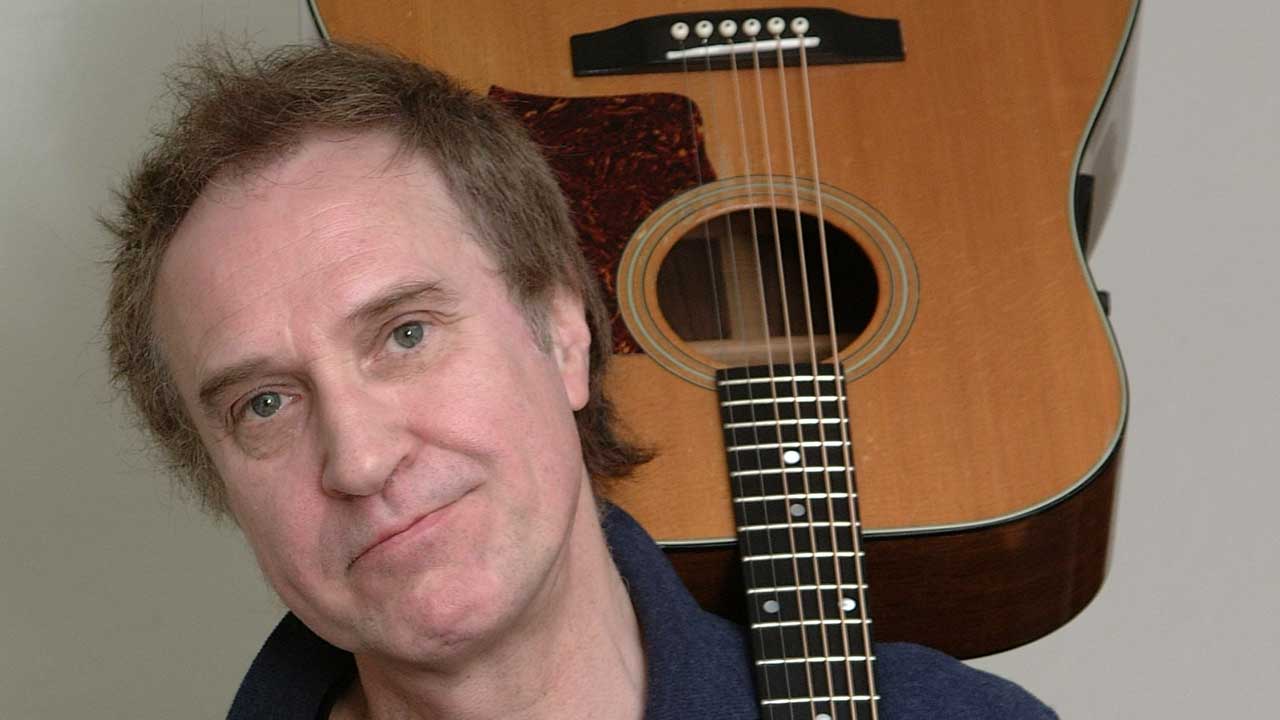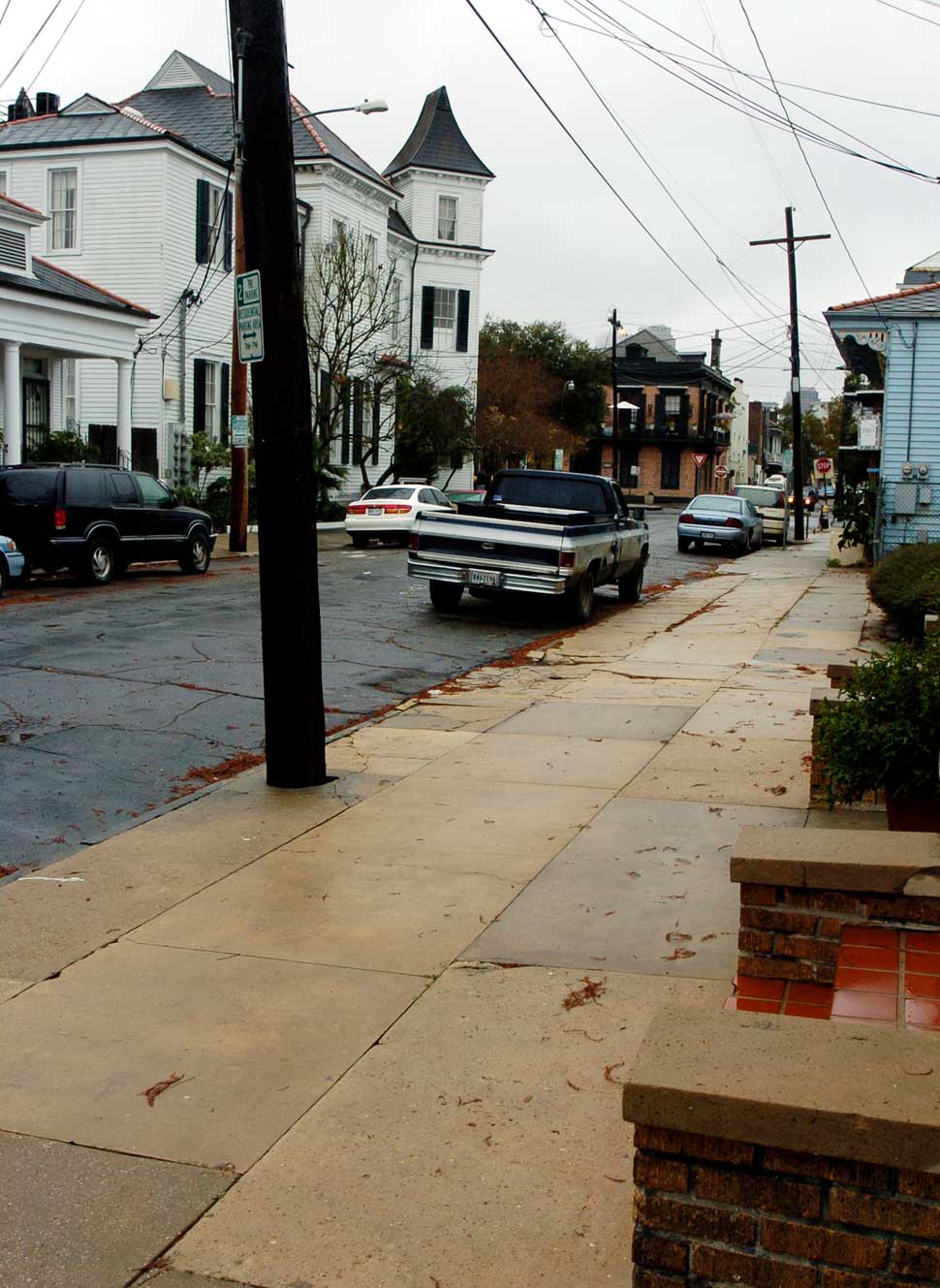
In January 2004 Ray Davies of The Kinks was filled with optimism. He'd just been named in Queen Elizabeth II's New Years' Honours List, and awarded a CBE – short for Commander Of The British Empire – a title given to those The Palace considers to have made significant contributions to the arts and sciences.
Davies was also looking forward to mixing the album he's been working on, and was excited about a project that will find him working with a marching band from John McDonogh High School, a century-old establishment in the Mid-City neighbourhood of New Orleans, Louisiana.
January 5 finds Davies in New Orleans, and at a loose end. There's a big football game on at Superdome, where the Oklahoma Sooners and the LSU Tigers are meeting in the Sugar Bowl. Davies would prefer to keep away from the crowds, but he'd rather not be alone. So he makes a few calls, including one to former Big Star leader Alex Chilton, who doesn't answer.
In the end, he goes for dinner with J.J., a friend and local club manager. They eat at Wasabi, a Japanese restaurant, then Davies offers to walk her home.
Walking along Burgundy Street, Davies' optimism comes crashing down as the pair are confronted by a mugger. Angry words are exchanged. Davies is punched, then pushed to the ground. J.J. tosses her handbag away, in the hope that their assailant will retrieve it and leave them alone. And Davies decides to flight back.
"All the frustration and repressed anger I’d tried to control over the past months seemed to boil over," Davies wrote in his 2013 memoir Americana: The Kinks, the Road and the Perfect Riff. "I realised that we all have a button that can be pushed when years of anger are channelled into one moment. I’d hit that moment. My breaking point. I ran after the guy. I wanted to catch him and beat the shit out of him."
The mugger does go after the bag, but now has a furious Davies on his tail.
"At that point his accomplice’s car had pulled up, and he ran across to get in," wrote Davies. "I foolishly kept running after him, but when I was within ten or fifteen yards of the car, the mugger stopped by the passenger door, took up the classic two-handed shooting position, took aim, and fired his gun. It was already dusk, so the flash from the gun seemed to light up the street.
"Just as I saw the bright-coloured light come out of the gun, I dived to my left, away from the direction of the bullet. I fell to my left and felt a heavy thump as the bullet hit me. It was as though the whole right side of my body had suddenly gone dead."

The assailants flee, and onlookers call the police and paramedics. Davies is carted off to Charity Hospital, where a nurse removes bullet fragments from his leg. He's lucky. The entry and exit wounds are clean, and there's no serious damage.
New Orleans Police arrest 25-year-old Jerome Barra in connection with the crime, charging him with armed robbery and aggravated battery, but the case is never heard after Davies twice fails to attend the court date, on the second occasion complaining that he hasn't been given enough notice.
"I am very disappointed with the way this case has been handled," Davies tells local newspaper The Times-Picayune. "I intend to pursue it further."
Meanwhile, local police chief Eddie Compass had some wise advice for any more would-be heroes. "I'm sorry for what happened," he said. "But Mr Davies showed poor judgment in running after the individuals."
More than a decade later Davies looked back on the experience in the song The Big Guy, taken from his 2018 album Our Country: Americana Act II.
"The Big Guy is reflections on waking up in a hospital with gunshot wounds,” he told the BBC's Cerys Matthews. “The big guys in the book [Americana] are my bodyguards, a guy called Tony and a guy called Bobby. The song is about them and what they meant to me, because I have a tendency to self-destruct on tour, like most musicians. Tony was under instructions that if I had more than two pints he could break my arm – or threaten to."







